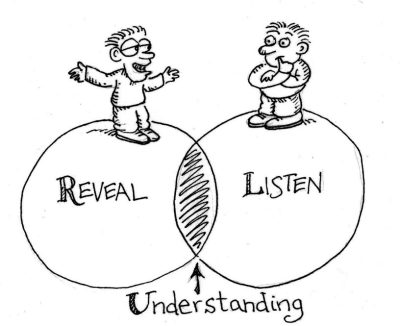Second Doorway to Compassion
Last week we looked at how cognitive empathy (understanding another’s perspective) can help you navigate difficult conversations during the holiday season. This week we explore another kind of empathy to help you through gnarly holiday gatherings: sensing what others need or what Daniel Goleman calls “empathic concern.” This second doorway gets us one step closer to compassion. If you understand what others are saying with cognitive empathy, you can then sense what they might need. … Read more…





